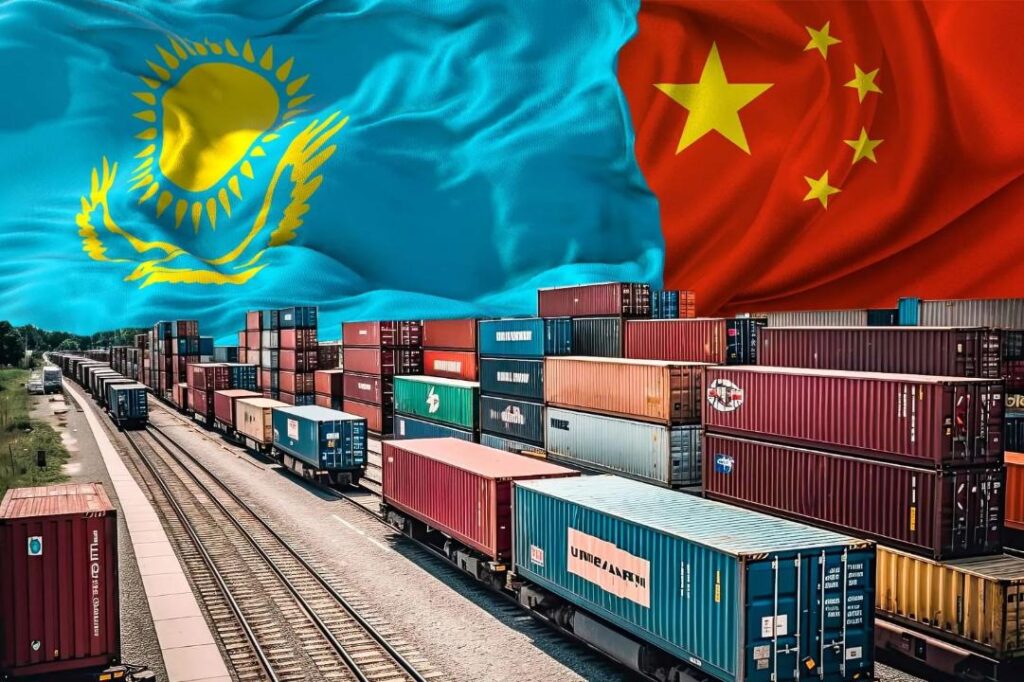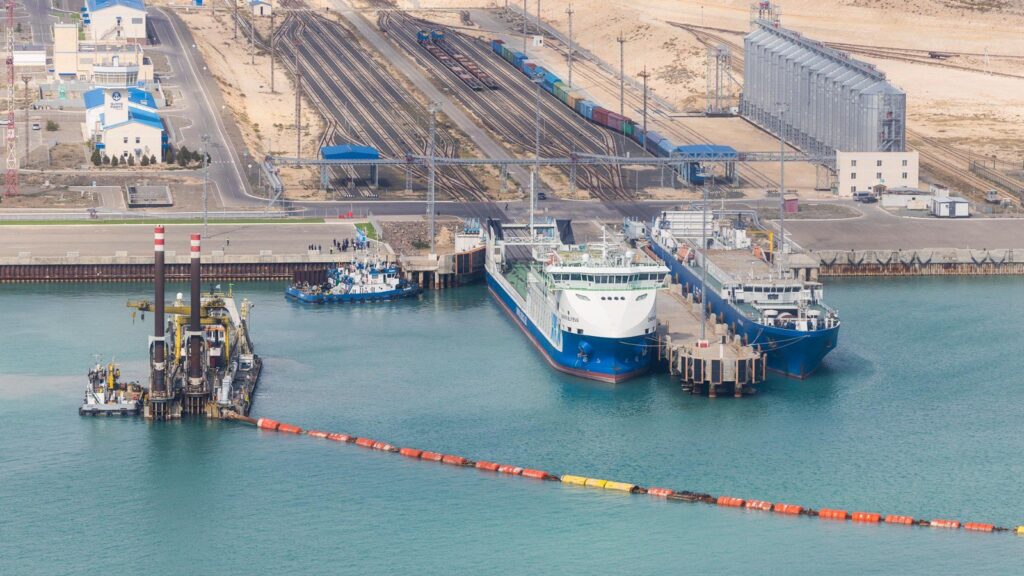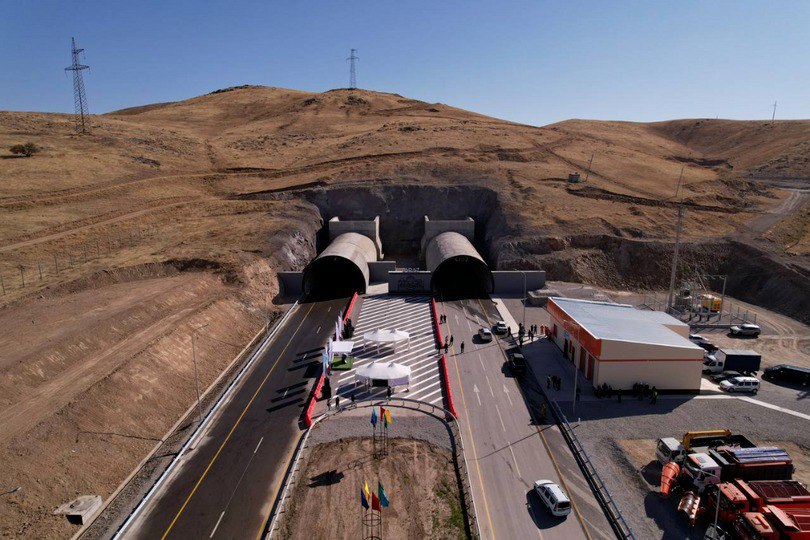Kazakhstan-China Railway Cargo Transportation Reaches Record High in 2024
In 2024, railway cargo transportation between Kazakhstan and China exceeded 32 million tons, achieving an all-time high, according to the Kazakh Ministry of Transport. Kazakhstan’s rail exports to China grew by 1 million tons, totaling 13.7 million tons. Key export commodities included iron and non-ferrous ore, ferrous and non-ferrous metals, and grain. Meanwhile, Chinese transit cargo passing through Kazakhstan increased by 19%, reaching 15.3 million tons. Additionally, containerized Chinese cargo transiting to Europe via the Trans-Caspian International Transport Route (TITR) recorded significant growth, rising by 43% compared to 2023. One of the main drivers of this record-breaking performance was the opening of a Kazakh terminal at the dry port in Xi’an, China. In 2024, more than 300 container trains passed through this terminal and the Kazakh Caspian port of Aktau, an astonishing thirtyfold increase from 2023. Kazakhstan Temir Zholy (KTZ), the country’s national railway company, has expanded its terminal network. Currently, Kazakhstan operates five major terminals: The port of Lianyungang (China), The dry port in Xi’an (China), Dostyk railway station (Kazakhstan), The Khorgos Gateway dry port (Kazakhstan), and The ferry complex at the Caspian port of Kuryk (Kazakhstan). Kazakhstan has announced plans to add nine additional terminals over the next two years, reinforcing Kazakhstan’s position as a vital hub for transcontinental trade. Several terminal construction projects began in 2024, including: Almaty, Kazakhstan: A logistics hub aimed at strengthening domestic cargo-handling capacity. Azerbaijani port of Alat: A joint project involving Kazakhstan, Azerbaijan, and China to establish a cargo terminal in Baku. Budapest, Hungary: A terminal in Hungary’s capital designed to expand Kazakhstan’s trade network in Europe. Selyatino, Russia: A facility near Moscow to support rail cargo transportation between Kazakhstan, Russia, and China. Additionally, and in collaboration with China’s port of Lianyungang, Kazakhstan has begun constructing a container hub at the Caspian port of Aktau. Kazakhstan’s expanding railway infrastructure will solidify its role as a key logistics hub connecting China, Central Asia, and Europe. With continued investment in terminal networks and partnerships with regional and global stakeholders, Kazakhstan is well-positioned to further enhance its trade capacity and meet the growing demand for transcontinental cargo transportation.



